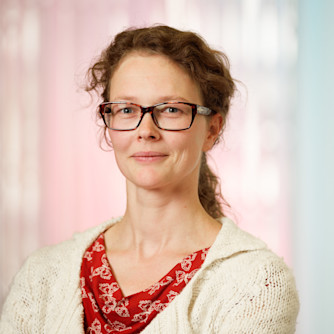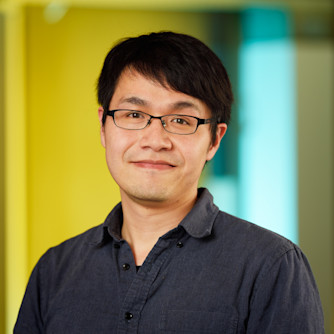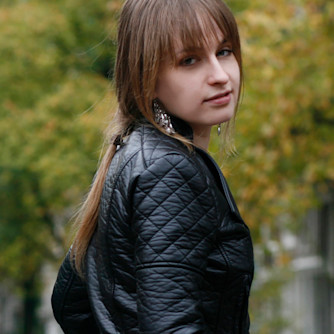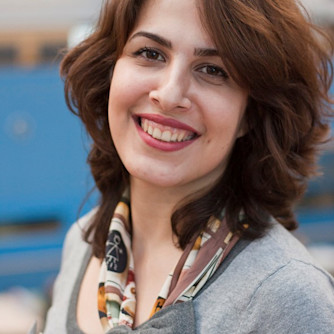The Best of CHI2018
- ENERGY AND BEHAVIOUR
- THE HUMAN TOUCH
- TALK
CHI (pronounced as 'kai') is the number one conference in the field of human-computer interaction (HCI) research. It belongs to the top 4% of conferences internationally. Only one in four submitted papers get accepted to present in the conference attended by over 3500 delegates. This year, the TU Eindhoven had a record number of 19 accepted submissions. To celebrate and share this wealth of high quality research, we composed 'The Best of CHI'. In this block you can enjoy talks by top HCI researchers about a fidget spinner transformed into a high quality sensor, a shape changing thermostat, new directions for smart heating, explorations with smart material composites and data-enabled design approaches.
BioFidget: Playful breathing exercise for stress detection and reduction.
By: Rong-Hao Liang
Children flocked to get their hands on the Fidget Spinner and the Life Sciences sector have now also discovered ‘fidget gadgets’. BioFidget, a new, smart Fidget Spinner is a heart rate variability (HRV) sensor, electromechanical respiratory sensor and an information display all in one. BioFidget detects stress in a playful, interactive manner. The wireless sensor also helps reduce unhealthy stress. The first tests with BioFidget show positive results. The respiratory training helps to reduce stress. Users also praised the accuracy of the built-in sensors
Ripple Thermostat: Affecting the emotional experience through interactive force feedback and shape change.
By: Anke van Oosterhout
Ripple thermostat uses haptic force feedback and shape change to interact with the user. We evaluated the effect of these interaction modalities on the emotional experience with two user studies. The results suggest that despite their abstractness, force feedback and shape change can convey affective meaning in a user-system dialogue.
Co-performance: Conceptualizing the role of artificial agency in the design of everyday life.
By: Lenneke Kuijer
This talk will reflect on automation in home heating using the notion of co-performance, a new perspective on artificial agency in everyday life. It brings up questions about the role of humanness in the smart home.
The Making of Performativity in Designing [with] Smart Material Composites.
By: Bahar Barati
In opening up the design space of smart material composites, the paper reports on the making processes that depart from a specific material, with the goal to explore and diversify the performative qualities of material samples. It describes and discusses aspects of the making process with electroluminescent materials in which matter, structure, form, and computation are manipulated to deliberately disrupt the expected affordances of the material composition.
Exploring the Value of Parent Tracked Baby Data in Interactions with Healthcare Professionals: A Data-Enabled Design Exploration
By: Joep Frens
This paper investigates how data that parents track about their newborns can be used in their interactions with healthcare professionals. It explores a novel way of using data as creative material in the design process and demonstrates how to make abstract data meaningful and yield new opportunities for design.






